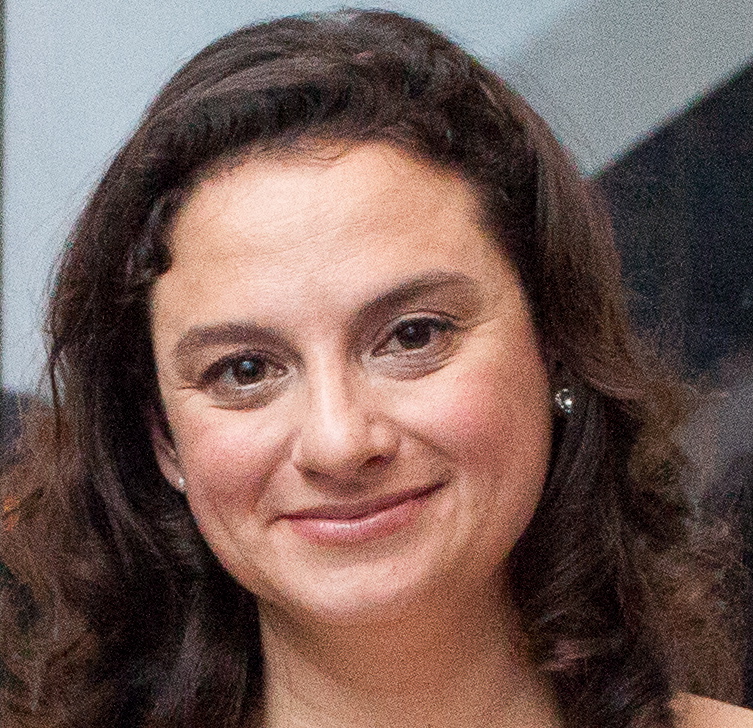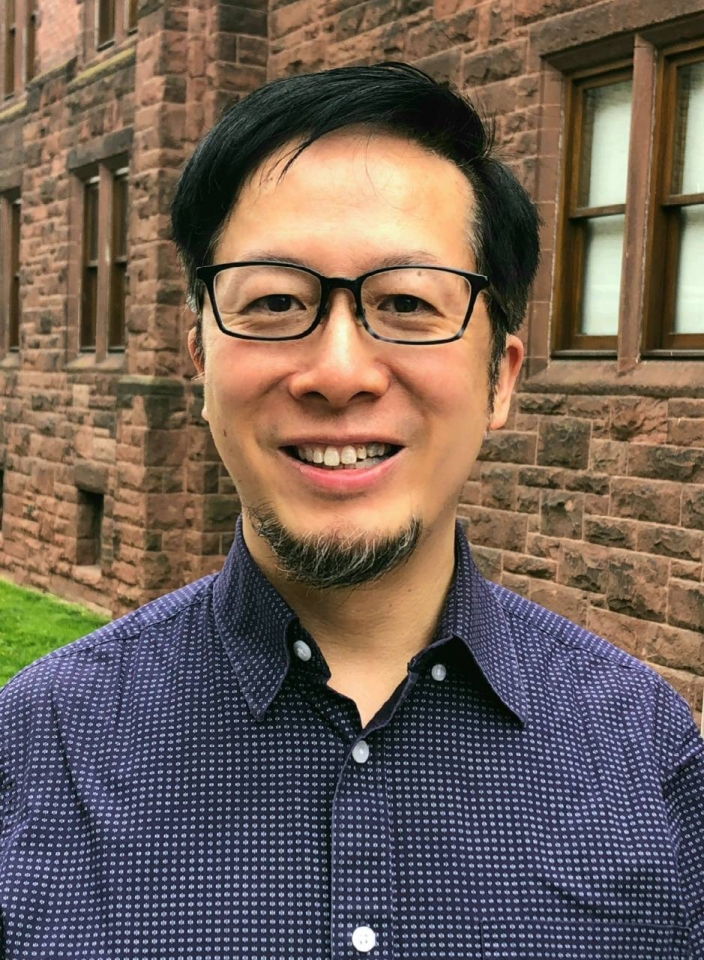Nominated by member scholarly associations of the Federation for the Humanities and Social Sciences, the 2021 Congress Graduate Merit Awards recognize exceptional graduate students who will be presenting their work at the Congress of the Humanities and Social Sciences. Throughout Congress, we are profiling 2021 award recipients. Read on to learn more about the outstanding research of our graduate community, and join the conversation on Twitter using #CGMAProfiles.
Lisa Mychajluk
PhD Candidate, Program in Adult Education and Community Development, Ontario Institute for Studies in Education, University of Toronto
Endorsed by the Association for Nonprofit and Social Economy Research (ANSER)
Primary research areas
Eco-communities (ecovillages); transformative sustainability learning; cooperative work and economic democracy.
Presentation at Congress 2021
I will be presenting at the conference of the Association for Non-profit and Social Economy Research on The Milkweed Mercantile at Dancing Rabbit Ecovillage (Missouri, USA) – the benefits and challenges of establishing a co-operative enterprise in a sustainable community. I will also be attending the conferences of the Canadian Association for Studies in Cooperation, and the Environmental Studies Association of Canada.
"My research explores how ecovillagers learn to live ‘better’, including how they reconfigure work, enterprise and economy."
How would you describe the research you will be presenting at Congress 2021?
Through the Covid-19 pandemic, a common sentiment is we must seize this opportunity to ‘build back better’. But what does ‘better’ look like? An ecovillager would tell you that they are living a version of ‘better’ right now. My research explores how ecovillagers learn to live ‘better’, including how they reconfigure work, enterprise and economy. At Congress I will present findings of a case study of a worker-owned co-operative eco-inn located at an ecovillage in Missouri (USA). The study reveals a supportive relationship between the enterprise and community as they enact ‘better’ economic activities that serve people and the planet.
How does the research you will be presenting connect with the Congress 2021 theme, “Northern Relations” and/or the conversations Congress 2021 is continuing under last year's Congress theme (cancelled due to the COVID-19 pandemic), “Bridging Divides: Confronting Colonialism and Anti-Black Racism”?
Ecovillages have often been described as experimental communities operating at the fringes of mainstream society. Through their design and everyday practices, ecovillages are demonstrating an alternative to destructive ecological, social and economic activities, by enacting participatory, regenerative systems for food, housing, livelihoods and community. My presentation of a co-operative eco-enterprise within an ecovillage reveals how such an enterprise can act as a bridge between this alternative community and a broader public. In doing so, it supports the ecovillage’s social change mission – inspiring economic resilience and activities that serve people and the planet over profit.
What is your favourite part of the Congress experience?
The opportunity to engage with scholars from a multitude of disciplines in the humanities and social sciences. To hear about the big ideas that are making waves in these areas, and contributing to the creation of a better, more sustainable and just world.
Jimmy Chan
Ph.D. candidate of University of Toronto and Toronto School of Theology (Trinity College)
Nominated by the Canadian Society of Patristic Studies (CSPS)
I am writing my final dissertation entitled, “Living a Happy Life in a Troubled World? A Critical Exploration of Augustine’s Christian Reception of Stoic Ethics in De civitate Dei”. My primary research areas include Augustine’s theology (esp. his theology of emotions, theology of happiness, political theology), Historical Theology, Early Christian Studies (Patristic: Post-NT to late Antique); Biblical Theology; Applied Christian Ethics.
Presentation at Congress 2021
Affecting Happiness: A Critical Survey of Augustine’s Use of Affectus in De civitate Dei
How would you describe the research you will be presenting at Congress 2021?
This research explores how human emotions associated with suffering in the community impact the way we may live happily in this troubled world. The text used will be Augustine’s City of God, which is his response to the catastrophic event of the sack of Rome in 410A.D. The pagans charged against Christianity being the culprit of the suffering and loss, and the Christians were losing faith, hope and love from God. Through a survey of the use of affectus (feeling/emotion) in the original text would reveal how and why emotions are closely tied to the pursuit of happiness.
Share your hopes for Congress 2021.
My hopes for Congress 2021 are two-fold: First, thank you University of Alberta for hosting this year’s Congress amid the pandemic – I hope all the virtual experience will be seamless to allow all attendees to visit the online talks and exhibits with satisfaction and all interchanges online will be done in a graceful manner. Second, I hope this year’s theme “Northern Relations” will stimulate meaningful talks that could increase our bonding with the northern people and raise awareness of their needs – the ultimate goal of which is to promote unity in diversity in Canada by embracing our differences.
These profiles have been condensed for length and clarity.


